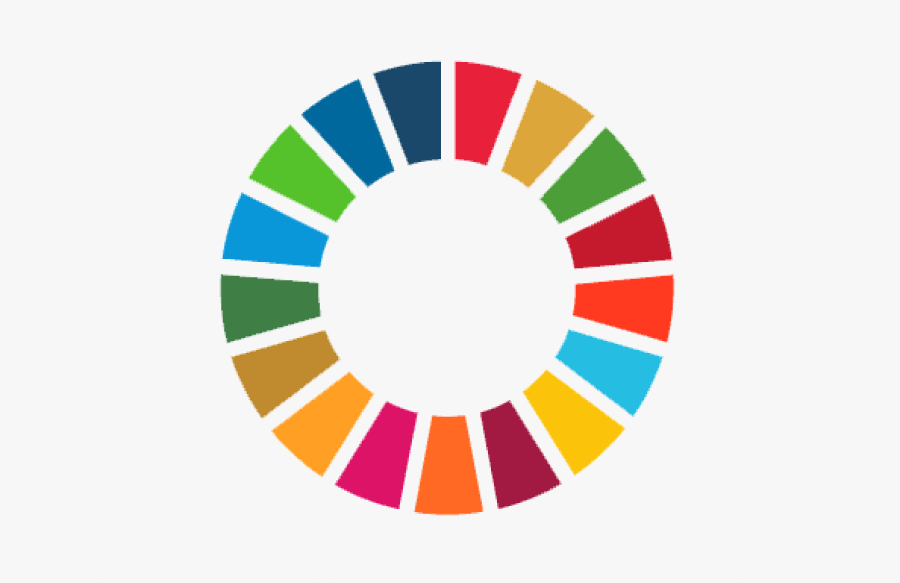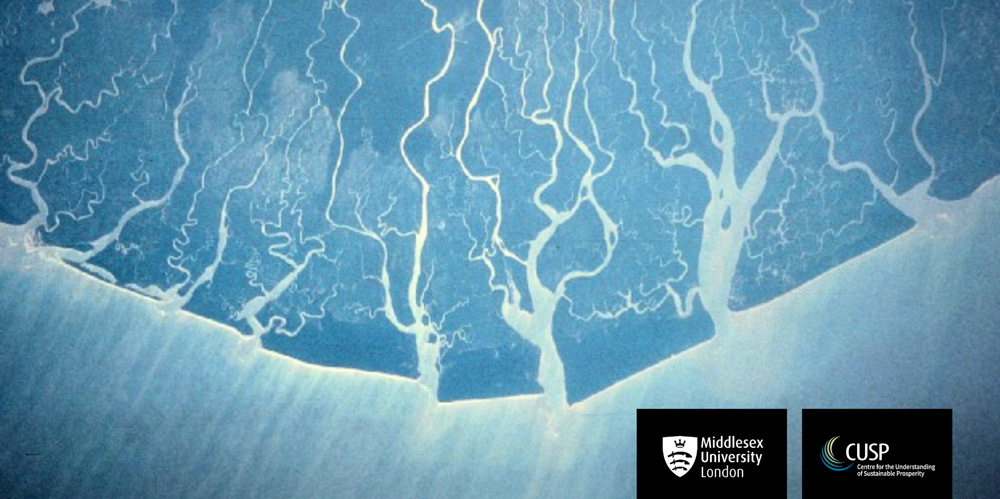Can we score 17 goals?
The recently adopted SDGs are an important set of long-run goals, and have the prestige and legitimacy of the United Nations. But what can they actually do for the UK? Victor Anderson’s thoughts on the first UK Stakeholders for Sustainable Development workshop on Monday 25 April.
Blog by VICTOR ANDERSON

It seemed a good idea at the time. Let’s have a set of long-run goals for the whole world, starting in 2015 when the Millenium Development Goals (MDGs) finish, and lasting as long as they did. That will take us to 2030. And instead of applying to just a part of the world, as the MDGs did, let’s have the goals applying universally, to the whole world community.
Years later, we now find ourselves with 17 SDGs: the Sustainable Development Goals, adopted by all member states of the United Nations. Each goal has a set of targets. And in most cases the targets will have indicators, with various sets of proposals currently around about what should be included in the indicators list. You can get a sense of what is involved from Goal 2: “End hunger, achieve food security and improve nutrition, and promote sustainable agriculture.”
However the question remains: does all this make any difference? And for those of us in the UK, we can add a more specific question: does it make any difference to the UK? That was my question at the start of the launch conference in London on April 25th of an organisation formed to explore the SDGs and their implications here: UK Stakeholders for Sustainable Development (UKSSD). It was still my question, unanswered really, at the end.
The problem is this. On the one hand, the goals have the prestige and legitimacy of the United Nations. They provide an agreed common focus for many different efforts, internationally and across private, public, and NGO sectors, and across disciplinary and ideological boundaries too. There is nothing like them.
On the other hand, there is no strategy for implementation, no allocation of funding on anything like the scale that would be necessary, no really powerful mechanism for checking up and ensuring progress. Governments apparently feel themselves free to opt in or out of different supposedly “universal” goals as they please.
So it is far from guaranteed that the SDGs will really count in the political process – or in business, finance, or technology. We can’t afford to be “SDG bureaucrats”, operating on the basis that because these goals have been officially agreed therefore there is no choice for anyone but to implement them. Essentially, in real life, the SDGs are voluntary.
The problem here in the UK is that the Government seems to think the SDGs are a matter for DfID, the Department for International Development, helping to guide its allocation of the overseas aid budget, when in fact serious UK implementation of the SDGs would apply also to policy areas within the UK, such as energy and transport, and be led by the Treasury, with its departmental objectives and ways of thinking having to be radically transformed in the process.
The SDGs – which seek to combine ecological sustainability with economic and social development – are essentially trying to square the same circle as we are trying to do in CUSP with the idea of “sustainable prosperity”. The difficulties about achieving the different SDGs at the same time are largely the same as the problems involved in combining what at first sight may seem like opposites within the term “sustainable prosperity”.
A few hints from the stakeholders’ conference might help. In Wales, an unusually genuine public consultation process about “sustainable development” led to a decision to repackage it as “the wellbeing of future generations”, which was conclusively found to be much more widely understood by people – and that has led to the cutting-edge new Wales Wellbeing of Future Generations Act. In economics, so many biases tend away from sustainability and social equity that it looks like the achievement of the Goals will be impossible without a rethinking of economic theory. It is also clear that the issues surrounding the UN SDGs reinforce the already obvious need for research in this field to be ultra-interdisciplinary.
The SDGs are not perfect. The means which exist so far to implement them are even less perfect. And of course the UN isn’t perfect either. But despite all their limitations, the UN SDGs are the most compelling and legitimate set of global goals we have so far. What happens with these Goals will be what happens to the planet.
Links
- The Goals and their targets are set out on the official SDG website.
- The UK Stakeholders for Sustainable Development (UKSSD) is a new initiative and open platform to supports public, private and voluntary organisations working towards sustainable development in the UK.



